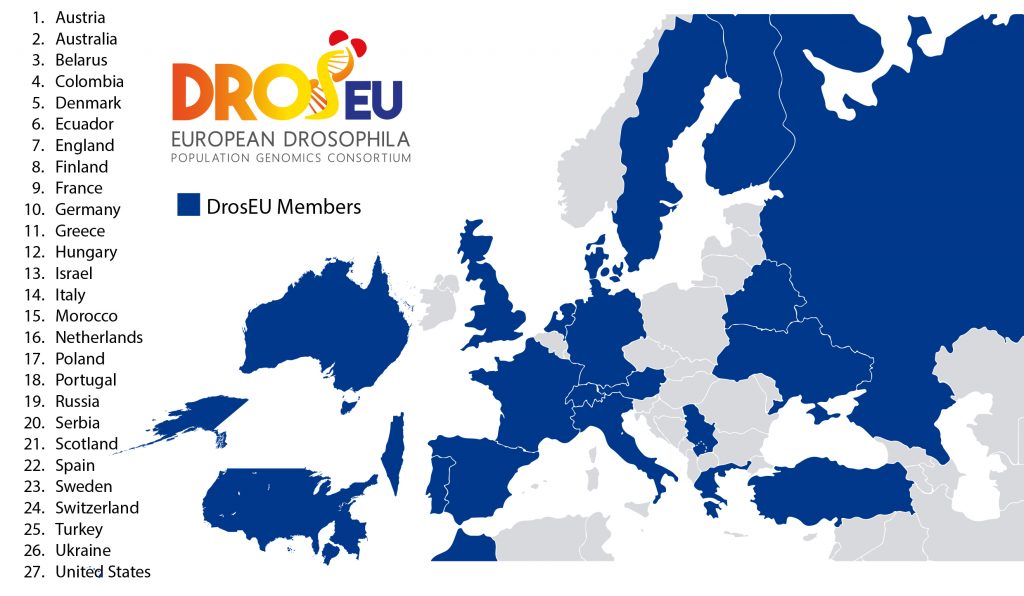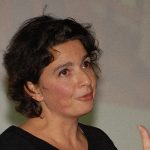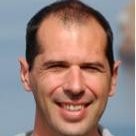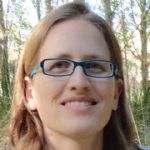
The European Drosophila Population Genomics Consortium, DrosEU, was created in 2013 with the aim of facilitating the exchange and integration of genomic information from Drosophila melanogaster populations in Europe and is co-led by Spain and Switzerland, through Dr. González (IBE CSIC-UPF in Barcelona) and Dr. Thomas Flatt (University of Lausanne).
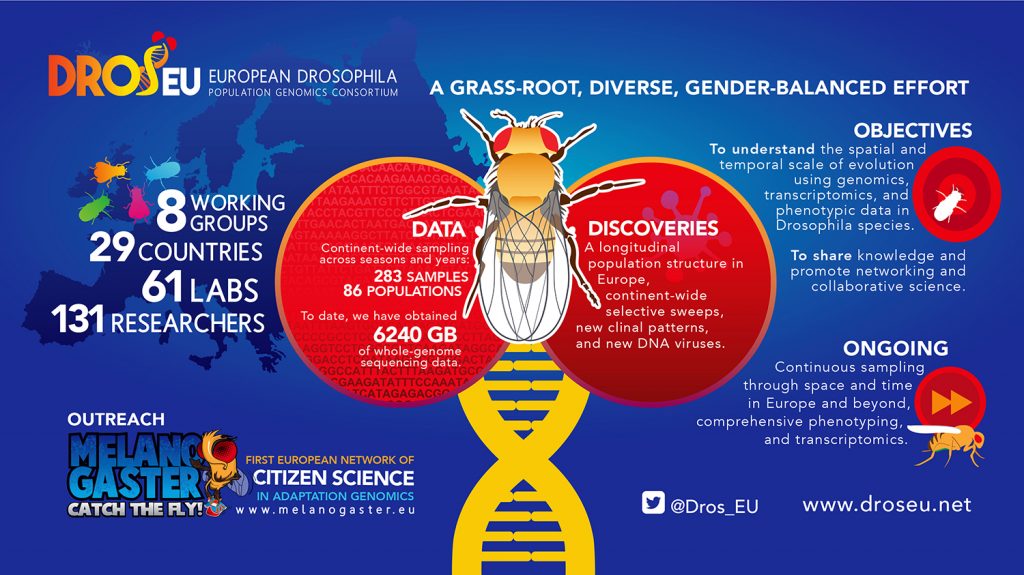
Today, up to 61 laboratories in 29 countries from both Europe and abroad have joined forces to collect and generate genomic data from natural populations of species from the genus Drosophila. The DrosEU consortium represents a unique communication and interaction network for the participating laboratories seeking to address key scientific questions for the future of adaptation genomics research. The consortium member laboratories can be consulted at:

